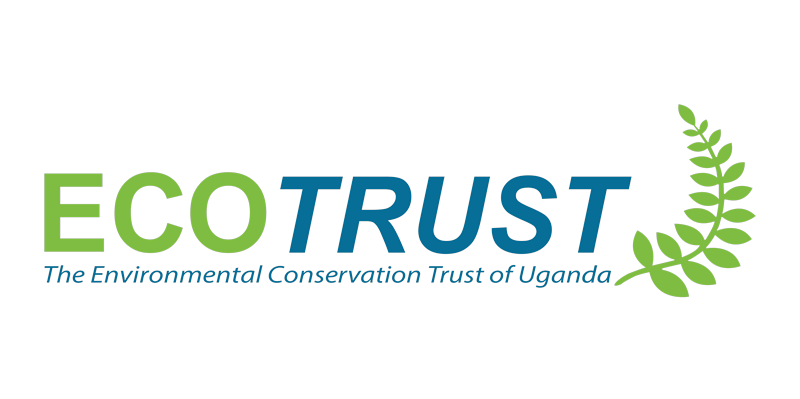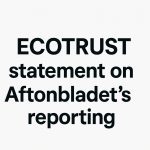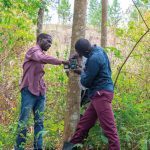
The 1998 Land Act of Uganda spelled out that a given community with an identified common resource can form a Communal Land Association (CLA) to collectively manage the resource for the good of the community. The different resources included grazing lands, communal hunting grounds and forests.
In 2001, a Masindi district community-based organisation CODECA (Community Development Conservation Association) started an initiative under a pilot project Masindi Forest Services Advisory Project funded by FAO and Ministry of Water and Environment to engage forest adjacent and dependent communities in managing their forests as community forests. This pilot was looking at how best forests outside the protected area system can be sustainably managed by communities to create responsible models to feed into the new forest reforms. A baseline survey of Masindi showed that 60 of such forests existed (mainly riverine forests) however only 4 were considered by this project due to resource constraints and gaps in the legal framework. The Land Regulation of 2004, informed by the outcomes of this project, was passed to operationalize the new Land Act.
In 2007, The Ministry of Water and Environment formed guidelines for the formulation, registration, declaration and management of community forests (natural forests outside protected areas) with NFA taking the mandate of forests within protected areas and the DFS managing those outside the protected areas. The community forests were carved out to be managed by the adjacent forest community under an institution called Communal Land Associations. The DFS was to provide overall guidance, backstopping and extension service to these organized groups.
The process of forming a CLA involves the development of a constitution in consultation with the District Registrar of Titles, following community sensitization on the relevance, importance, and legal framework of owning the community forest as an association. The community applies for registration as a CLA after the proposed constitution is developed and validated by key members of the community. Two certificates are then issued by the Registrar of Titles i.e. Certificate of Compliance of the CLA constitution and Certificate of Incorporation. This process is under the docket of the Uganda Ministry of Lands, Housing and Urban Development.
The forest however falls under the docket of the Ministry of Water and Environment and has to be registered for its sustainable management. This process involves conducting an institutional analysis of the forest adjacent communities to clarify existence of the forest resources and provide a future outlook. A community led boundary demarcation exercise is conducted providing adjacent households with an opportunity to negotiate the new forest boundaries after which live markers are placed and GPS coordinates captured. This is done with involvement of the DFO, Local leaders (LC1 chairpersons), area land committees and the community at large for transparency. This is all part of an 11-step wise approach to registration of a community forest provided for by the Ministry of Water and Environment. This was a learning process until 2016 when the forest regulation was developed to operationalize the 2003 national forestry and tree planting act.
ECOTRUST, under the SRJS programme in 2017, supported the titling of six (6) other community forests in Masindi by facilitating situation analyses, demarcation, forest management planning and registration. Ongo community forest became the first forest in Uganda to be granted tenure, by the Ministry of Lands, Housing and Urban Development. This was made possible because the relevant laws and guidelines were already in place.
BOTTLENECKS
Previously, Local Government structures did not allow for registration of titles at the district until 2018 when the Ministry of Lands, Housing and Urban Development decentralized the land registration by opening up zonal offices and deploying a registrar of titles in these offices. However, there are only five (5) Registrars of Titles in Uganda mandated to cover registration of communal forests which slows down the process as these few offices are in most cases overwhelmed with other land transactions.
The district land board, responsible for registering all land use types had previously allocated forests under an agricultural land use. This now poses a challenge for registration of forests as an independent land use type under the updated land reforms of 2016.
The registration process has proven to be very cumbersome and costly especially for local communities that would have to incur the costs of carrying out the forest surveys and facilitation of both district and technical staff to complete the process. SRJS has provided resources to support this whole process allowing it to move fast.
Since SRJS’ involvement in 2018, four more CLAs have been mobilized, bringing the total number of registered forest adjacent CLAs in Masindi to ten (10). Currently all these CLAs have been issued with both certificates and taken through a revision of their forest management plans, precursor to issuance of forest land titles. ECOTRUST with support from SRJS has developed a framework for benefit sharing for these forest adjacent communities and trained them in business case development for institutional sustainability.
With the SRJS programme having reached an end, we feel that these CLAs have been well equipped to manage their forest resources sustainably. The programme instilled in these groups a culture of self-reliance rather than over dependency on outside support. The DFS will still play a fundamental role in guiding, coaching, and backstopping the CLAs in issues of technical forest management while providing other forms of extension service support.








Follow Us On